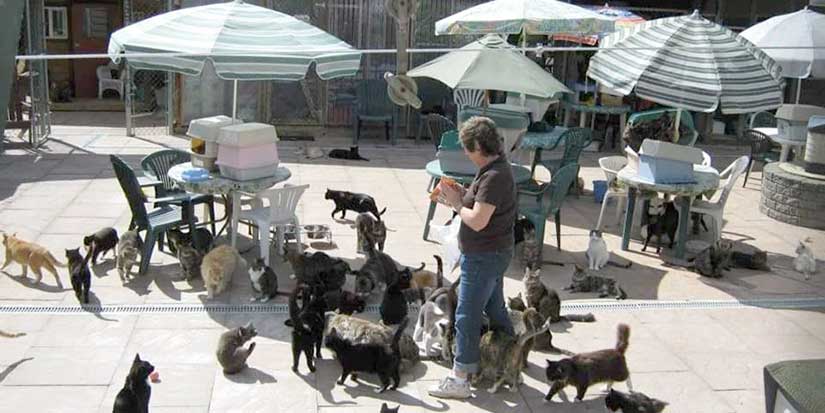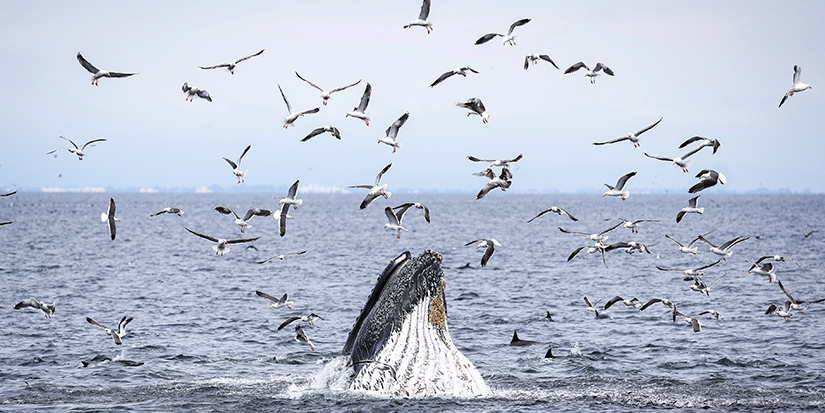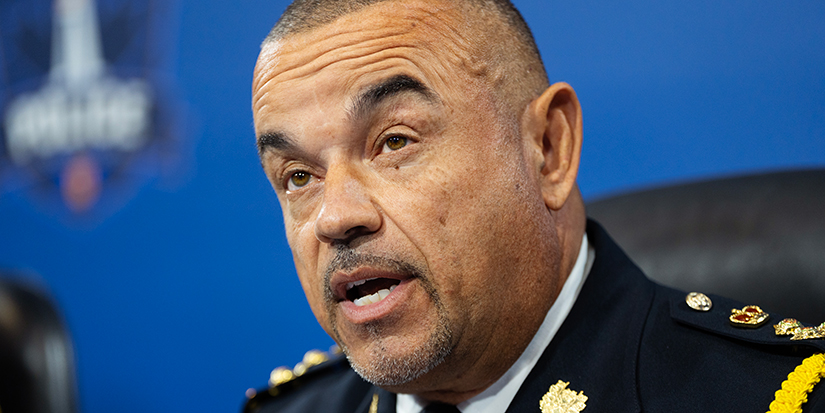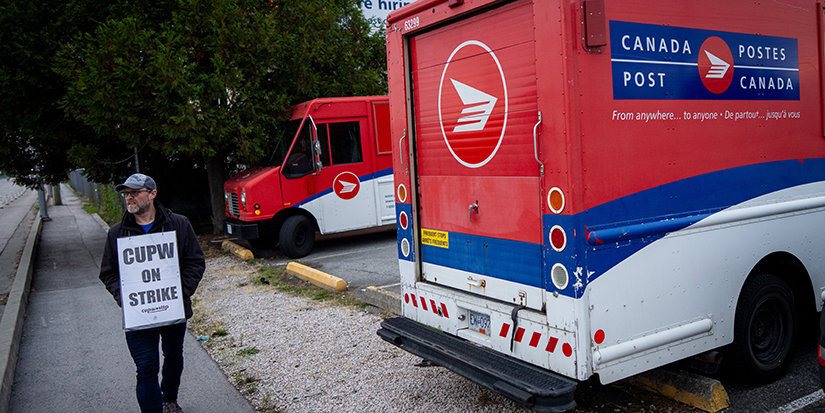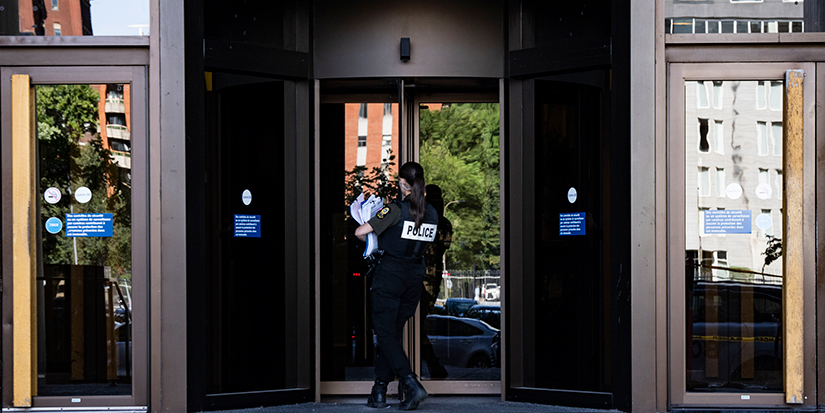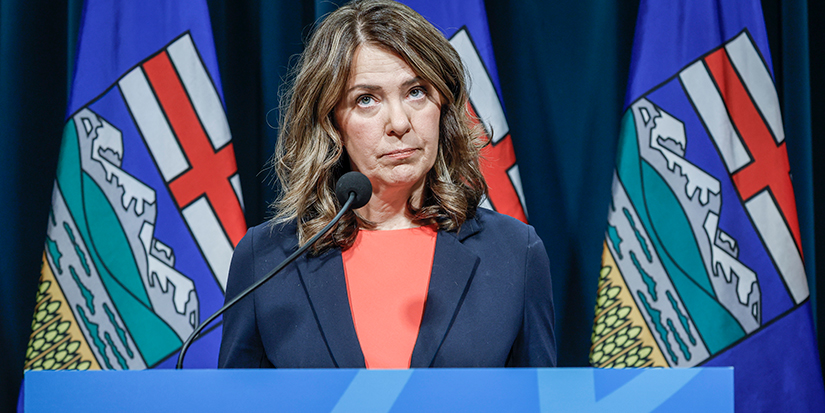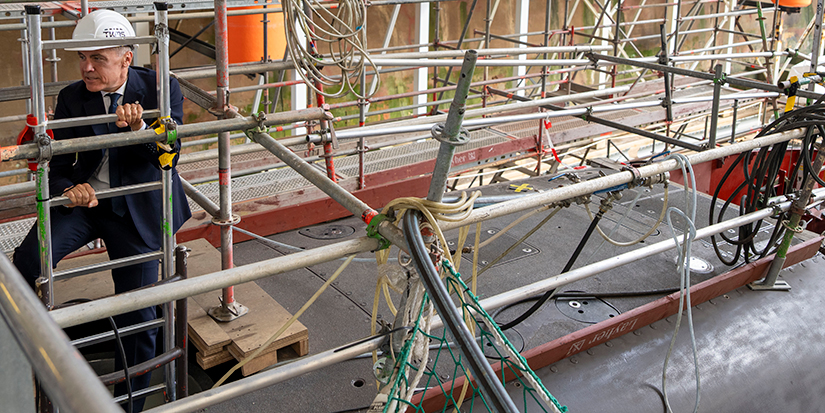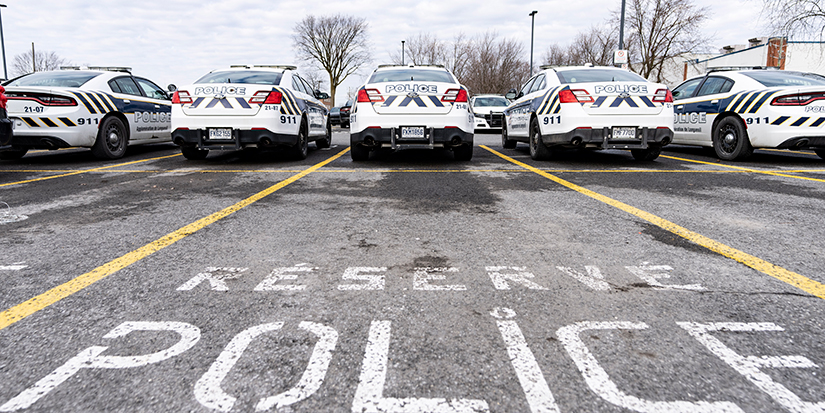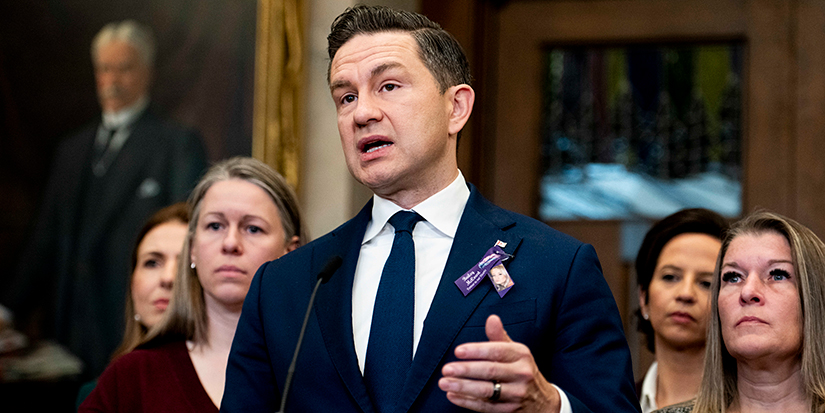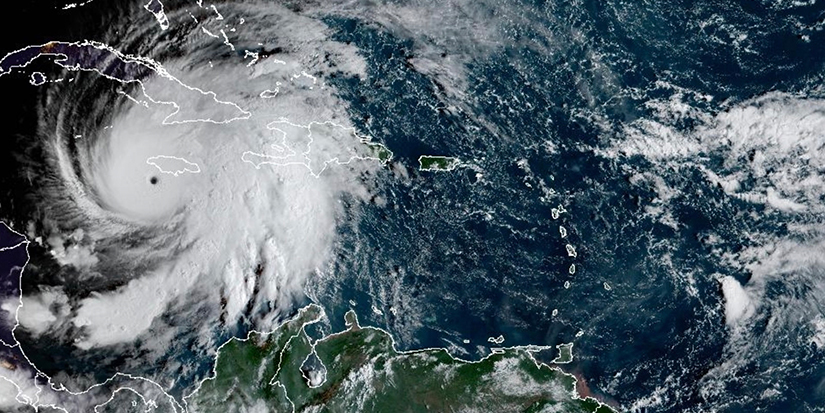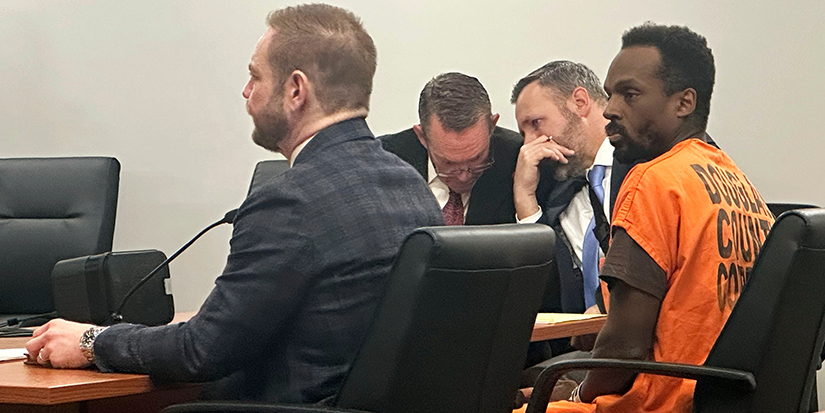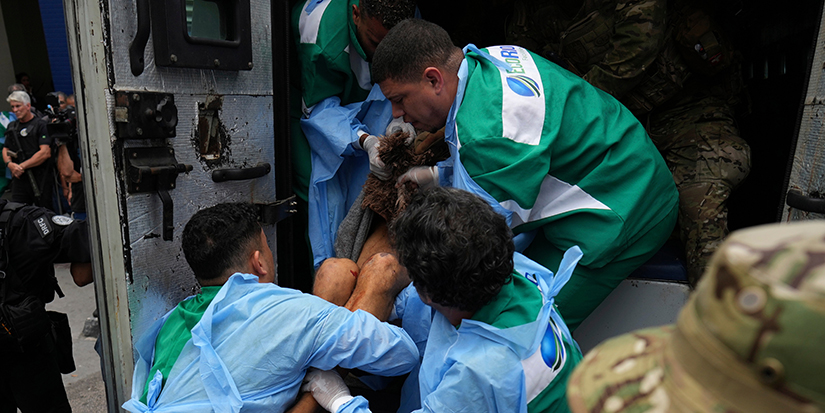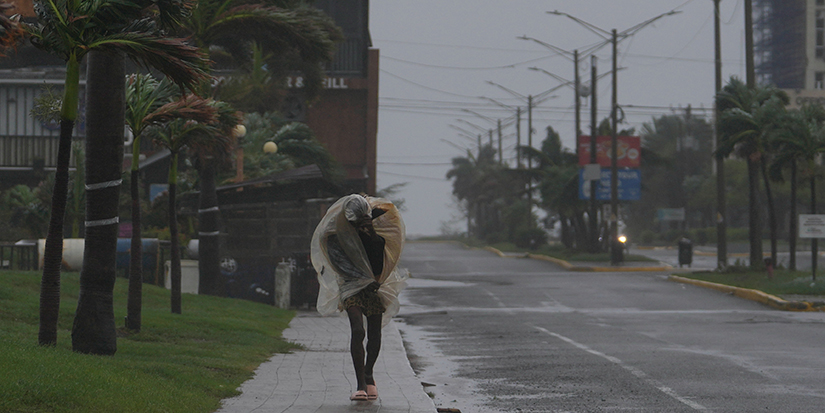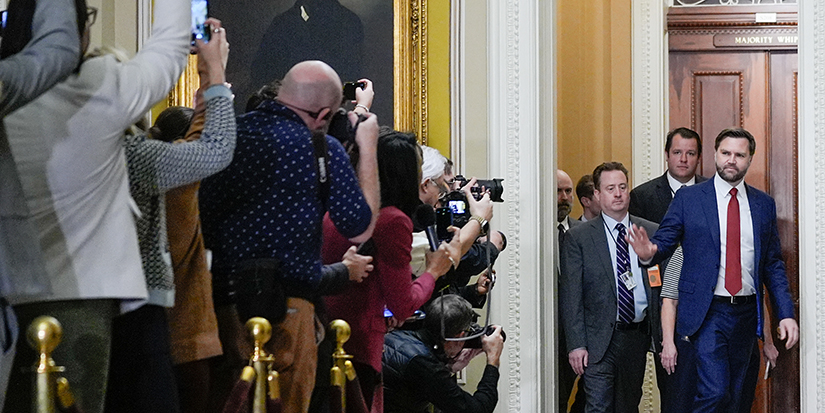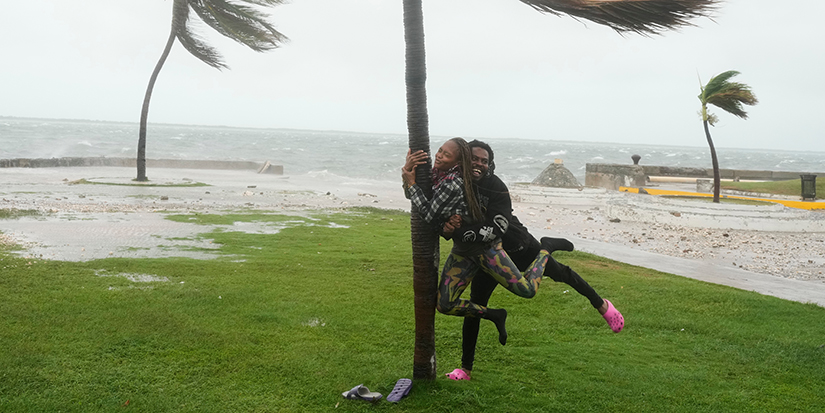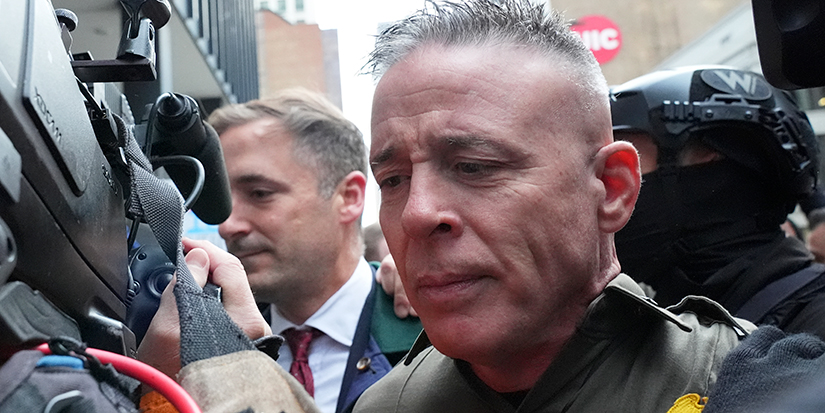Latest News
Rescue groups in Catch-22

Published 12:32 PDT, Fri May 14, 2021
—
RAPS is calling on the provincial government to correct a legal Catch-22 that could hurt those who rescue animals—and put the lives of animals at risk.
Along with Rebeka Breder, an animal rights lawyer and a member of our board of directors, I wrote to B.C.’s minister of labour to ask him to review labour laws that put organizations like ours in potential legal jeopardy.
The problem could arise when an organization is caught between labour relations regulations and animal cruelty laws. In the event of a labour disruption, management—including the volunteer board—could be found guilty of contravening a collective agreement, on the one hand, or of animal cruelty through failure to deliver needed care, on the other.
The Criminal Code specifically states one can be criminally liable for failure to exercise reasonable care to prevent the suffering of an animal. In case of a labour dispute, the animal rescue organization is subject to the same rules for picketing and replacement workers as any other unionized employer. The employer is not permitted to supplement care for the animals with volunteer labour. That is deeply problematic for the animal organization.
At the RAPS Cat Sanctuary alone (which is the largest in Canada), we care for hundreds of animals. Many of the cats have health issues that require regular medications, like insulin. Some of these animals could die within hours if they do not receive their daily medications.
It is well established that Canadian law recognizes a union’s right to strike as protected by the collective bargaining process. In some cases, such as frontline emergency service providers, a labour dispute may pose a threat to the health, safety or welfare of citizens, therefore an essential services designation is applied. While essential service language in legislation protects humans, it does not include similar language for the protections for the welfare of animals. If a unionized animal care organization has hundreds of animals under its care needing basic daily necessities and health care and the union initiates a strike, who will care for the animals? RAPS has hundreds of volunteers in addition to staff who provide the basic daily services for the welfare of the cats.
The lack of “essential services” designation in collective agreements in relation to animals places an animal organization’s board of directors in a vulnerable legal position. More importantly, it puts the health and even lives of animals at risk.
It is imperative that labour regulations in Canada recognize the care of animals as essential to preserve the life, health, safety and basic needs of all animals in the employer’s care so that the organization is never offside with animal cruelty legislation. In the event of a labour dispute, the parties need to agree to allow employees and volunteers to provide the essential services, at regular service levels that allow for the health, safety and life of the animals.
RAPS is an organization that delivers direct care to thousands of animals every year. We are also an advocacy organization that intervenes on topics of concern to animals and their people.
The conflict between labour laws and animal protection legislation needs correcting.
Eyal Lichtmann is CEO and executive director of the Regional Animal Protection Society.
